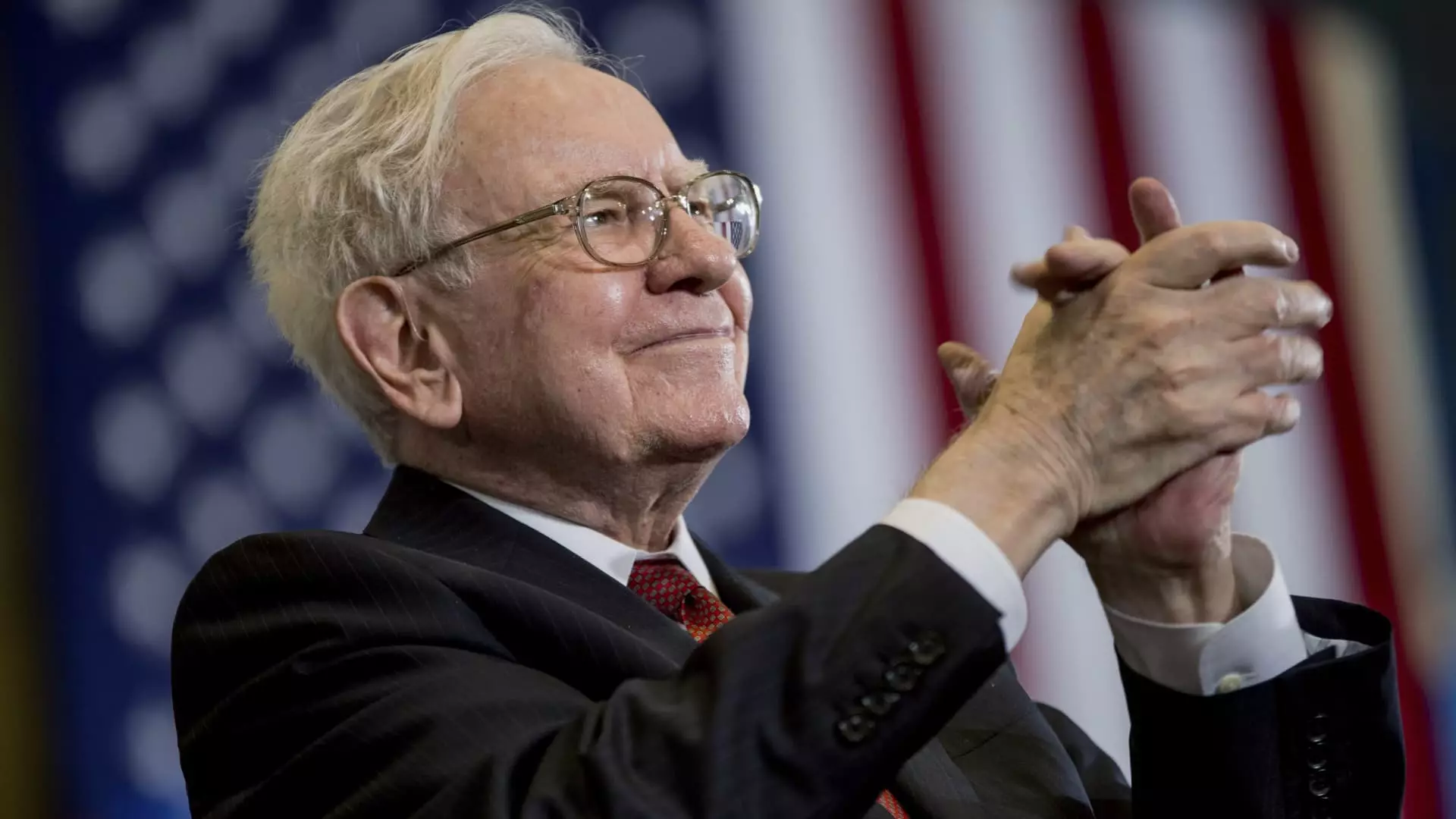Larry Swedroe, a prominent figure in the financial market research space, has recently voiced his opinion on Warren Buffett’s investment style, suggesting that it may no longer be as effective as it once was. Swedroe argues that the increasing participation of professional Wall Street firms and hedge funds in the market has changed the landscape significantly. While Buffett was lauded for his stock-picking abilities, Swedroe claims that academic research shows otherwise. He believes that Buffett’s success stemmed from his early identification of factors that could generate excess returns in the market rather than his individual stock-picking skills.
Swedroe proposes that investors looking to replicate Buffett’s performance should consider investing in index funds. He references research conducted by Cliff Asness and the team at AQR, indicating that by selecting a portfolio of stocks with similar characteristics to those favored by Buffett, investors could achieve comparable returns. Swedroe highlights the accessibility of these types of stocks through ETFs or mutual funds offered by companies like Dimensional, AQR, Bridgeway, BlackRock, and Alpha Architect.
In addition to index funds, Swedroe also mentions the benefits of momentum trading in the market. He emphasizes that factors like timing the market and individual stock selection may not necessarily lead to long-term success. Swedroe advocates for the systematic approach of momentum trading, noting its historical effectiveness and the ability for investors to access it at a lower cost. He draws parallels between the stock market and sports betting, likening active managers to bookies who profit from higher trading activity.
Swedroe challenges the traditional view of active management and suggests that more trading does not necessarily equate to better performance. He argues that Wall Street firms benefit from increased trading volumes, as it allows them to capitalize on bid-offer spreads. Swedroe criticizes the approach of active managers, stating that their higher fees and expenses make it mathematically unlikely for investors to consistently outperform the market. He warns against falling for the allure of active management, as it often leads to underperformance due to mistakes in stock picking and market timing.
One of Swedroe’s key points revolves around the detrimental impact of emotional investing on returns. He highlights the tendency of emotional investors to make poor decisions, resulting in underperformance compared to the funds in which they invest. Swedroe refers to these investors as “dumb retail money,” suggesting that their behavior plays into the hands of active managers who profit from higher trading volumes.
Swedroe’s critical assessment of Warren Buffett’s investment style and the broader approach to active management challenges conventional wisdom in the financial industry. By highlighting the benefits of index funds, momentum trading, and the pitfalls of emotional investing, Swedroe offers a fresh perspective on navigating the complexities of the market. Investors would be wise to consider his insights when developing their investment strategies in today’s rapidly evolving financial landscape.

